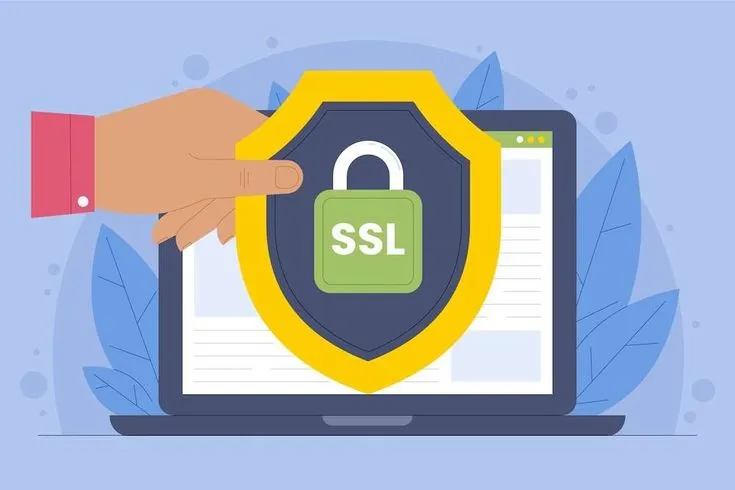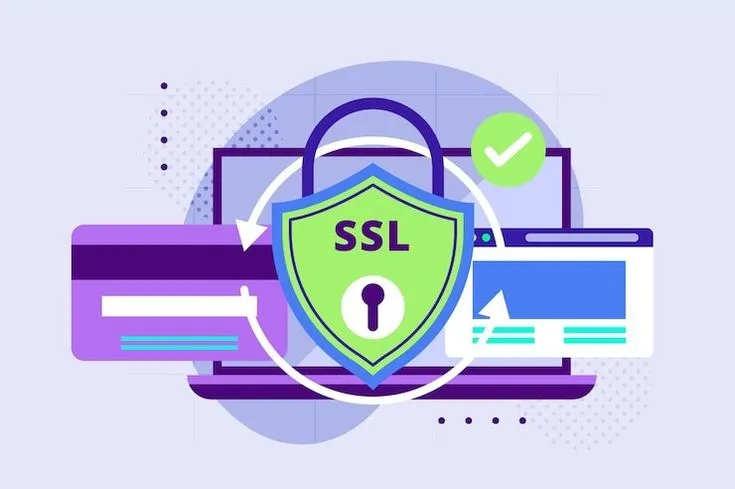
SSL Certificates
SSL (Secure Sockets Layer) certificates are digital certificates that establish a secure encrypted connection between a web server and a browser. They ensure data transferred between the server and the browser remains private and integral, protecting sensitive information such as personal data, login credentials, and payment details from being intercepted by malicious third parties. SSL certificates authenticate the identity of the website, reassuring users of its legitimacy and enhancing trustworthiness.
They encrypt data using cryptographic algorithms, preventing unauthorized access and data tampering during transmission. SSL certificates also contribute to improving search engine rankings, as major search engines prioritize secure HTTPS connections. Businesses benefit from SSL certificates by safeguarding customer data, complying with data protection regulations (such as GDPR), and fostering a secure online environment that enhances customer confidence and loyalty.

 Application Prioritization
Application Prioritization Load Testing
Load Testing Service Virtualization
Service Virtualization Dynamic Bandwidth Allocation
Dynamic Bandwidth Allocation
Various types of SSL certificates are available to meet different security needs, from domain validation (DV) to extended validation (EV) certificates offering varying levels of assurance and validation.
